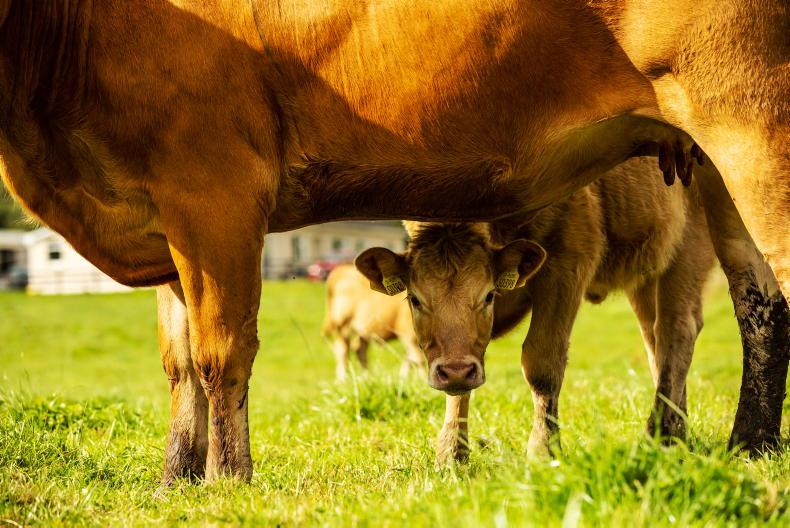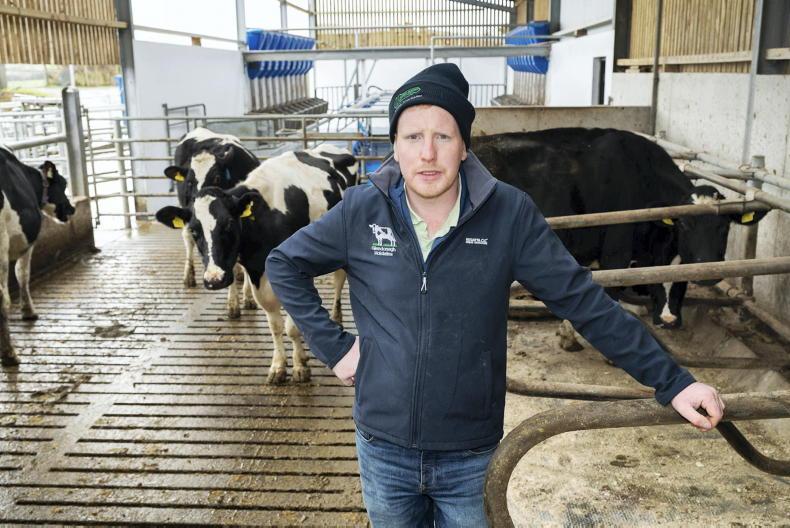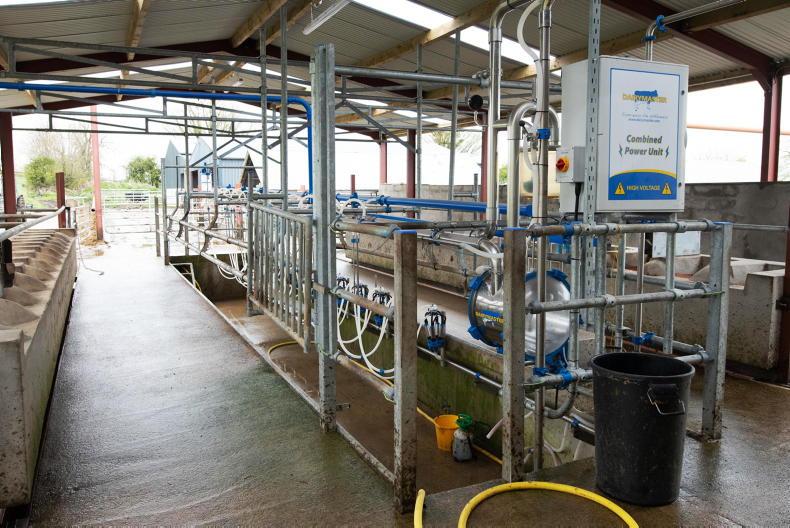The Department of Agriculture is assessing whether the terms of multi-year CAP schemes closed to ordinary farmer applications could be amended to allow new entrants to farming the opportunity to apply.
Minister for Agriculture Charlie McConalogue stated that the Department is examining the CAP strategic plan to see if the changes can be made to allow new farmers the chance to join schemes, such as the Agri-Climate Rural Environment Scheme (ACRES).
The work comes on foot of a recent request from Macra, and was announced at the young farmers’ group national conference in Naas on Saturday.
Also announced by Minister McConalogue at the Macra conference was a move to amend the terms of Targeted Agriculture Modernisation Schemes (TAMS III) to allow farmers access grant aid for more than one milking robot under the investment scheme and its predecessor TAMS II.
“I have listened to young farmers and there are two items I want to commit to here today,” the minister said on Saturday.
“First, I have tasked my department with ascertaining whether multi-annual supports under the CAP, schemes such as ACRES, may be configured to allow access for new entrants throughout the period of Ireland’s current CAP Strategic Plan
TAMS update
“Secondly, the economic viability of farms is a leg of the sustainability stool that cannot and should not be neglected.
“Having discussed the issue with young farmers, I am changing the eligibility criteria regarding the grant-aiding of Robotic Milking Machines under TAMS III, dairy equipment scheme.
“The changes will allow the cap preventing farmers from applying for more than one robotic milking machine between TAMS II and TAMS III to be removed.”
Minister McConalogue said that the TAMS change is an acknowledgement of the labour-saving potential of new technologies in farming.
Commission on renewal
The minister commented on the newly unveiled line-up for the Commission on Generational Renewal in Farming, stating that the group was selected on “expertise and experience”.
The commission will assess generational renewal through an “objective, evidence-based approach to examining all the factors involved” with consultation farming organisations, he said









SHARING OPTIONS